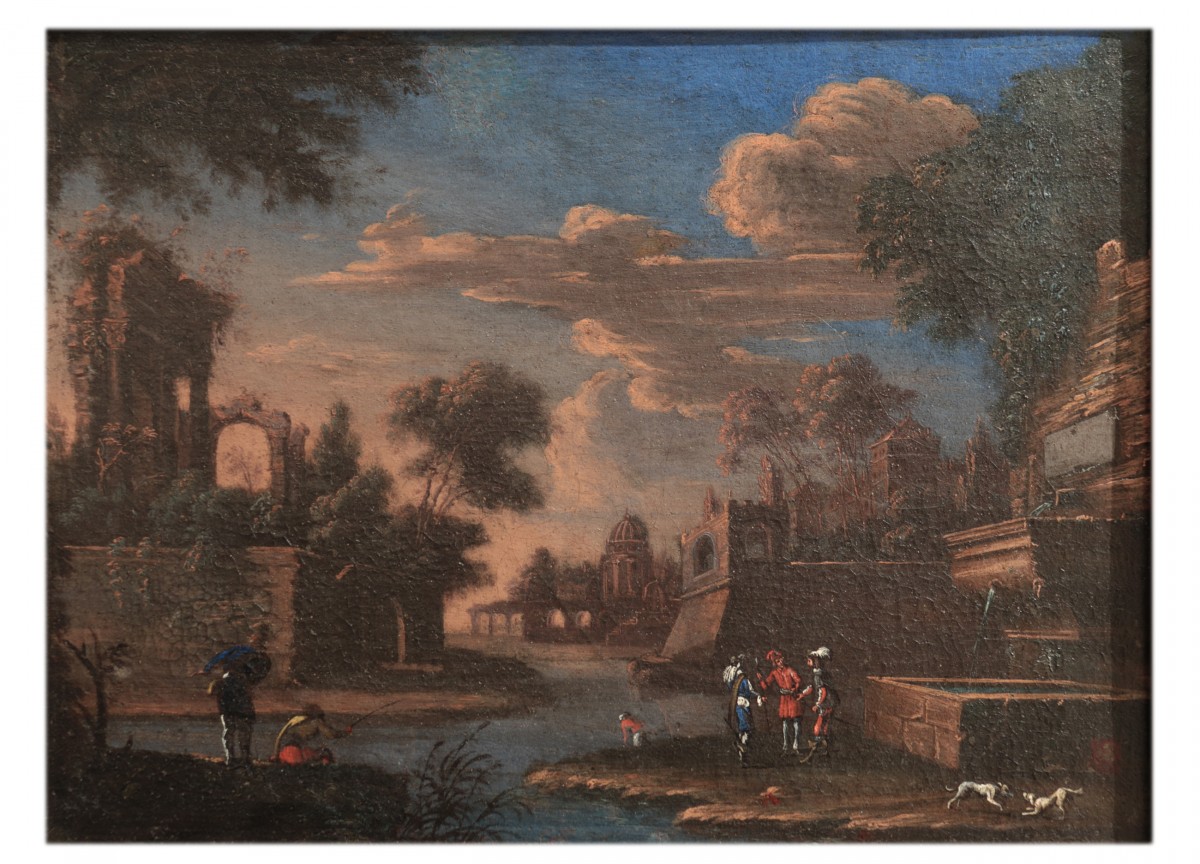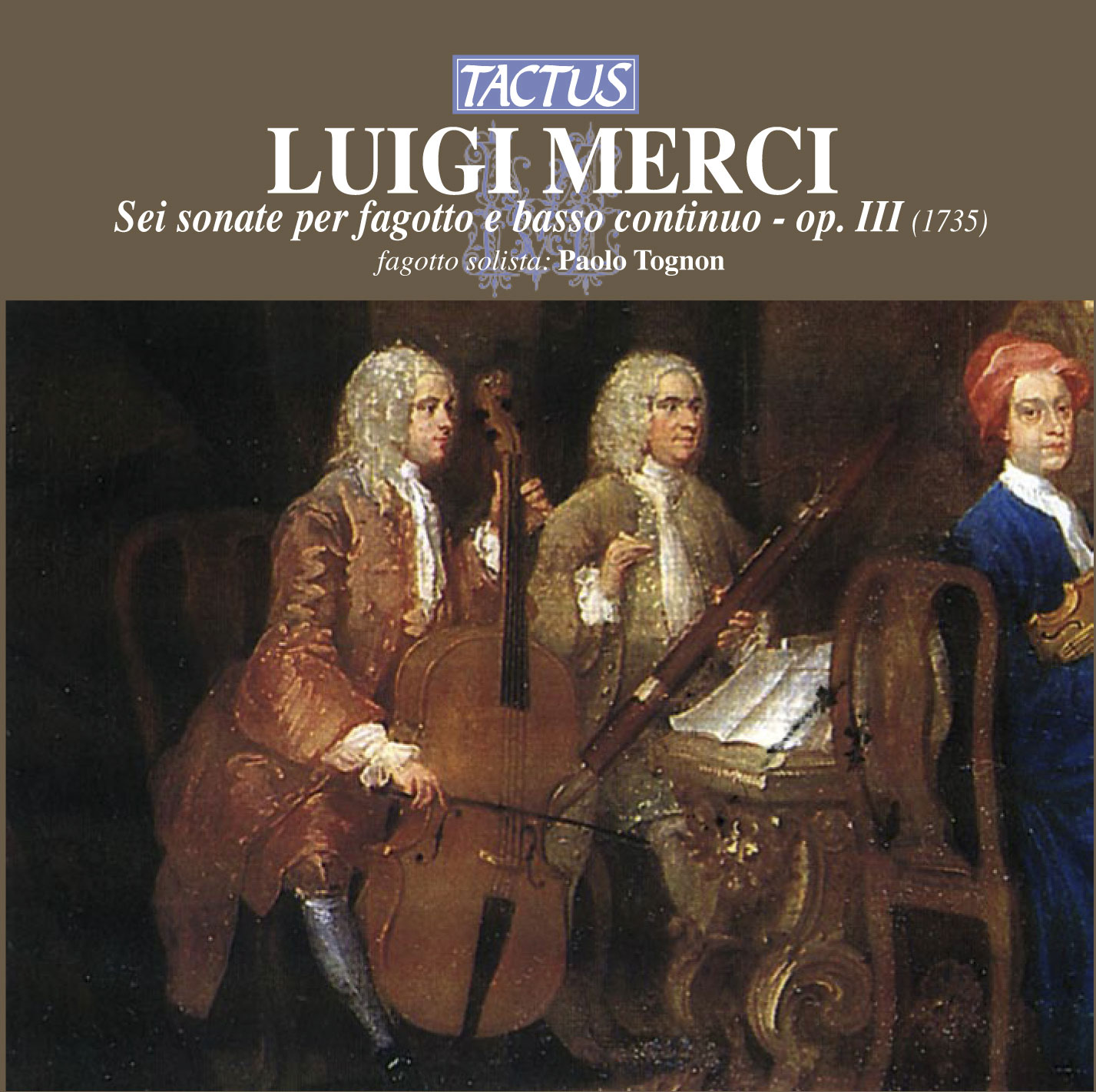In the rich tapestry of Baroque music, some names shine brightly while others remain hidden in the shadows of history. Luigi Merci, an Italian oboist and composer of the 18th century, belongs to the latter category, yet his contributions to the musical world are no less significant. Born in the late 17th century in Italy, Merci’s early life is shrouded in mystery, with few records surviving to paint a clear picture of his formative years. However, what we do know is that he emerged as a virtuoso oboist, captivating audiences with his exceptional skill and expressive playing.
Merci’s musical journey took him beyond the borders of his native Italy, as he sought to expand his horizons and share his talent with the world. In the 1720s, he found himself in London, a city that was rapidly becoming a hub for musical innovation and cultural exchange. It was here that Merci’s career truly flourished, and he quickly established himself as one of the most sought-after oboists in the English capital.
The oboe, still a relatively new instrument at the time, was gaining popularity in orchestral and chamber music settings. Merci’s mastery of this double-reed woodwind helped to elevate its status and showcase its potential as a solo instrument. His performances were said to be characterized by a warm, rich tone and a remarkable ability to convey emotion through his playing. Audiences and fellow musicians alike were captivated by his technical prowess and musicality.
But Merci was not content to simply interpret the works of others. He was also a prolific composer, creating a substantial body of work that included sonatas, concertos, and chamber music pieces. His compositions often featured the oboe prominently, naturally, but he also wrote for other instruments, demonstrating his versatility and deep understanding of musical structure and harmony.
One of Merci’s most significant contributions to the musical canon was his set of six sonatas for solo oboe and continuo, published in London in 1735. These pieces were groundbreaking in their approach to oboe writing, pushing the boundaries of what was considered possible on the instrument. The sonatas showcased Merci’s intimate knowledge of the oboe’s capabilities, featuring challenging technical passages and expressive melodic lines that allowed performers to display their virtuosity.
Merci’s influence extended beyond his own compositions and performances. As a respected musician in London’s vibrant musical scene, he likely played a role in introducing Italian musical styles and techniques to English audiences and musicians. This cross-pollination of ideas was crucial in the development of the galant style, which would eventually lead to the Classical period in music.
Despite his success in London, details of Merci’s later life and eventual passing remain elusive. Some sources suggest he may have returned to Italy, while others indicate he spent his final years in England. Regardless of where he spent his twilight years, Merci’s legacy lived on through his music and the impact he had on the development of oboe technique and repertoire.
In the centuries since Merci’s time, his works have experienced periods of both obscurity and rediscovery. Music historians and oboists have periodically unearthed his compositions, marveling at their innovation and beauty. Today, Merci’s sonatas and concertos are increasingly finding their way into the repertoire of modern oboists, who appreciate the technical challenges and expressive possibilities they offer.
Luigi Merci’s story is a testament to the enduring power of music to transcend time and place. Though he may not be a household name like some of his Baroque contemporaries, his contributions to the world of music are no less valuable. As an virtuoso performer, he helped to establish the oboe as a respected solo instrument. As a composer, he created works that continue to challenge and inspire musicians today. And as a cultural ambassador of sorts, he played a role in the exchange of musical ideas between Italy and England during a crucial period of musical development.
In rediscovering Luigi Merci, we not only gain insight into the rich musical landscape of the 18th century but also remind ourselves of the countless unsung heroes who have shaped the course of musical history. His life and work serve as a poignant reminder that behind every famous composer or performer, there are numerous talented individuals whose contributions, though perhaps less recognized, are equally vital to the evolution of music.
As we continue to explore and perform Merci’s compositions, we breathe new life into his legacy, ensuring that the melodic voice of this forgotten virtuoso continues to resonate with audiences for generations to come. In doing so, we honor not just Luigi Merci, but all those passionate, dedicated musicians whose names may have faded from memory, but whose music continues to enrich our lives in countless ways.


